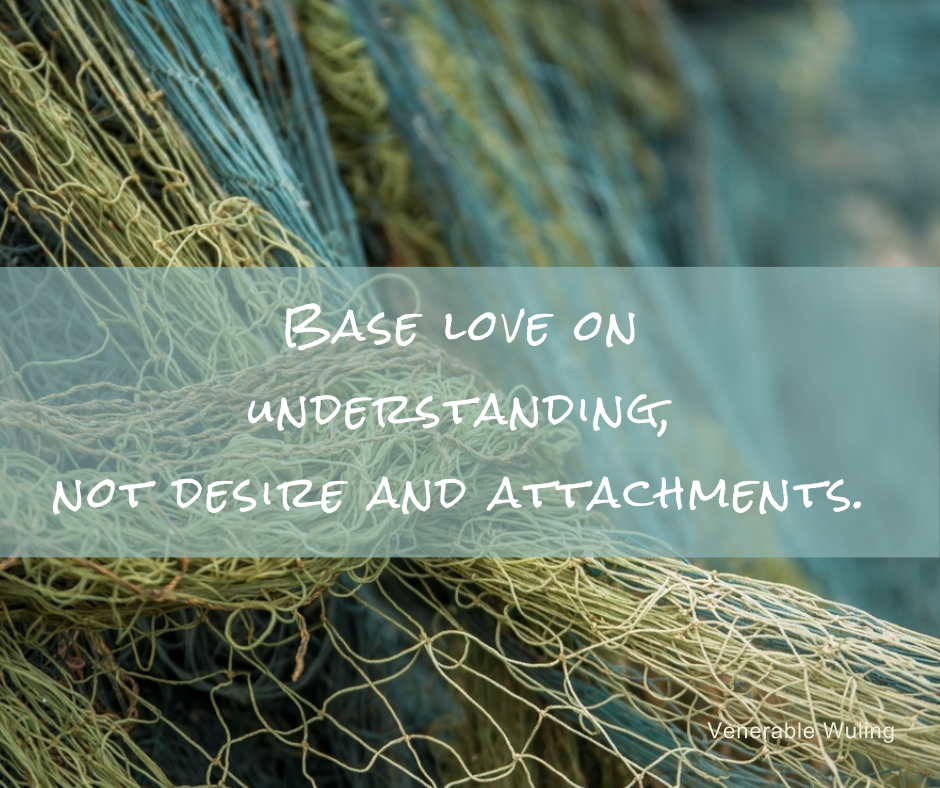 February 1, 2018
February 1, 2018 When we speak of how people have upset us,
we are not ridding ourselves of our frustration.
We are dumping it on others.
“Phew, now I feel better.”
But what about the other person? What if they are no better than we are at letting frustration roll off our backs like water off a duck’s? Even though they didn’t experience what we did, they can still pick up the pain we are feeling, and compound it with their affection for us.
It’s as if we’re clearing our backyard of rubbish by dumping it in someone else’s.
Even though those who care about us willingly listen to our ranting and whinging, is it fair to ask them to? We’re not showing we care about them when we’re offloading our rubbish onto them.
Instead of being so wrapped up in our irritation that we uncontrollably heap our suffering on another, we need to stop the garbage from leaving our backyard. How about turning it into compost! Mix it with patience and dilute it with forgiveness.
Replace the bad with the good, and transform that garbage into something useful.

